College of Human Sciences
Unisa project envisions a humanised and student-centred approach to health interventions
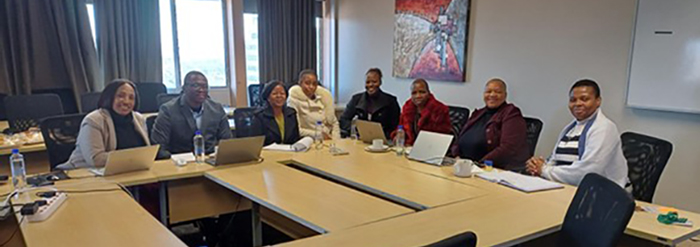
From left: Dr Cily Tabane (Department of Social Work), Dr Harold Ncongwane (Department of Psychology), Dr Nonhlanhla Masinga (Department of Psychology), Muhulushi Sithole (PhD candidate), Olebogeng Malinga (master’s candidate), Prof Azwihangwisi Mavhandu-Mudzusi (Director: School of Social Sciences), Prof Zethu Nkosi (Executive Dean: College of Human Sciences) and Prof Simangele Shakwane (Department of Health Studies)
A newly established team focusing on ODeL healthcare recently met to conceptualise a new project to expand student access to digital healthcare. The workshop was held from 9 to 11 July 2025 at the Winnie Madikizela Mandela Building. The team was established from various departments, under the auspices of the Executive Dean of the College of Human Sciences, Prof Zethu Nkosi, and the project leader, Prof Simangele Shakwane from the Department of Health Studies.
The project aims to develop, implement and evaluate humanised digital healthcare interventions to facilitate students' access to quality health support in an ODeL institution in South Africa. The project will be conducted in three phases:
- Assessment of current student support
- Development and implementation of humanised digital health support
- Evaluation of humanised digital health support
The project team members include Dr Nonhlanhla Masinga and Dr Harold J Ncongwane, both from the Psychology Department, and Dr Cily Tabane from the Social Work Department housed in the School of Social Sciences. The project also includes two postgraduate students enrolled in postgraduate psychology studies at the College of Human Sciences: Muhulushi Sithole (PhD candidate) and Olebogeng Malinga (master’s candidate).
The ODeL Digital Healthcare Project aims to build on Unisa's existing technology-enhanced student support programmes. Technology may help expand mental health services to those who seek support and reach out to students who resist seeking support and treatment. The discussion was focused on creating critical engagement around innovation in healthcare education and digital transformation. This initiative aims to bridge access to healthcare education and integrate digital tools that enhance student support, wellness and research capacity.
Nkosi emphasised the college's vision to lead in transformative, interdisciplinary research that addresses pressing social challenges through digital innovation. A key highlight of the day was the presentation of the Unisa ODeL Digital Healthcare Project by Shakwane, who outlined the project’s objectives and progress, including the successful completion of the team's Online Research Ethics Management System (OREMS) project proposal, as well as the intended impact on health education and community outreach.
On the second day, the session expanded to a global perspective with a presentation on Digital Health in Germany by Prof Anita Mörth and Prof Jenny Wesche, coordinators of the Digital Health Community at FernUniversität in Hagen. Their presentation provided insights into Germany’s digital health ecosystem, focusing on policy innovation, e-health platforms, and intersectoral collaboration.
A moderated discussion session, led by Dr Harold Ncongwane, allowed attendees to reflect on the implications of the day’s presentations. Key topics included aligning digital health with community needs, opportunities for joint research and strategies to build sustainable international collaborations.
Prof Azwihangwisi Mavhandu-Mudzusi, Director of the School of Social Sciences, offered a message of support, highlighting the role of digital health in achieving social justice and educational access through technological innovation. To conclude the session, she also gave the vote of thanks, acknowledging the contributions of all presenters and attendees, and reiterating the importance of fostering meaningful partnerships to advance health innovation through education and research.
* Compiled by Dr Harold Ncongwane, ODeL Digital Healthcare Project Member
Publish date: 2025-08-27 00:00:00.0


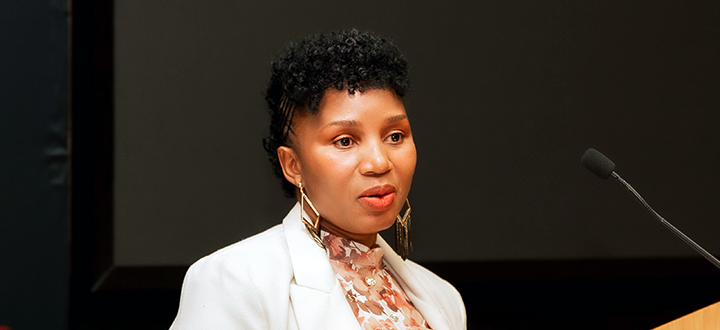 Wings of opportunity: Bringing drones into the classroom
Wings of opportunity: Bringing drones into the classroom
 Visionary youth champion to address Unisa’s Innovation Festival
Visionary youth champion to address Unisa’s Innovation Festival
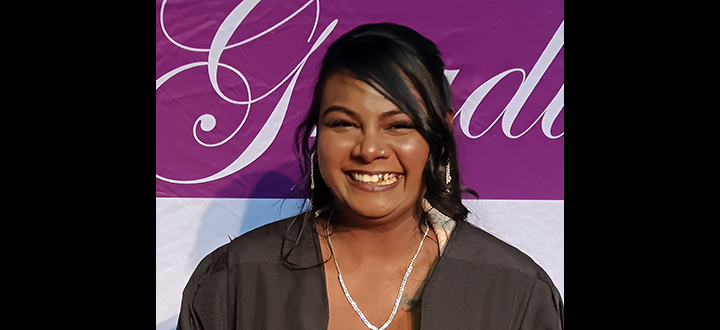 Finding the strength to persevere
Finding the strength to persevere
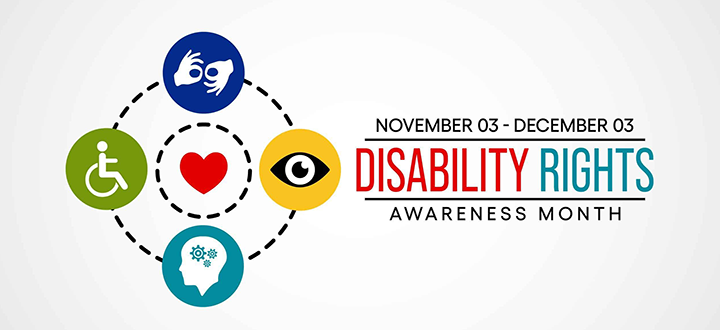 Disability awareness at Unisa: Disability is not inability
Disability awareness at Unisa: Disability is not inability
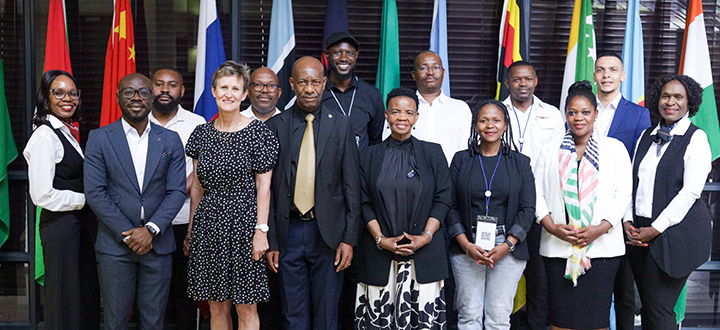 Unisa symposium shares knowledge on building SA's aviation economy
Unisa symposium shares knowledge on building SA's aviation economy